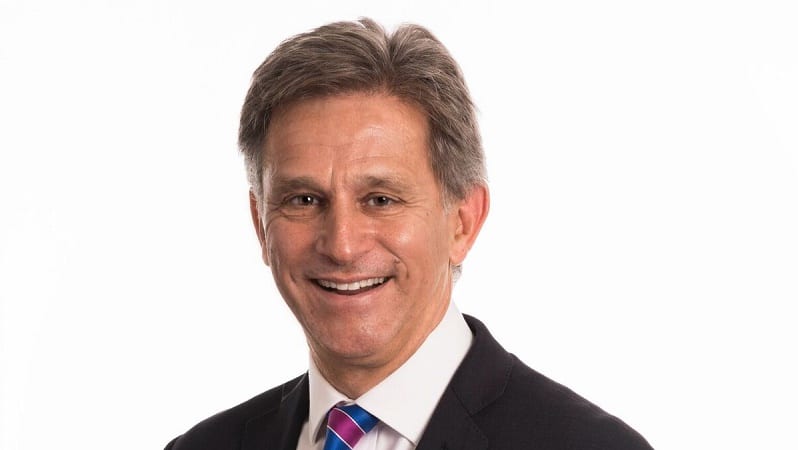Polar Capital has reported profit of £21.7m for the six months to the end of September, bolstered by a decision by two of its managers to forgo their share of future fund profits in exchange for company shares.
In October, Polar Capital announced healthcare co-heads Daniel Mahony and Gareth Powell had decided to swap a share of profits on the Healthcare Opportunities fund and Global Healthcare trust for £24m worth of ordinary shares in the fund group.
In its interim results for the six months ended 30 September, published on Monday, Polar said the crystallisation took effect from 1 April and the managers’ profit share cost has been reduced over the six months to 30 September. This helped core profit jump 81% to £21.7m, from £12m the previous year.
It added other factors for the increased profit included higher than average assets under management (AUM), a steady revenue margin and costs increasing at a reduced rate of 30%.
Polar said, based on the results for the financial year ended 31 March 2018, the crystallisation would have accounted for an earnings enhancement of about 3p per share. Adjusted diluted earnings per share increased by 86% to 21.9p. It will pay an interim dividend of 8p in January 2019, up from 6p the previous year.
Inflows and outflows
Elsewhere, AUM increased from £12bn to £14.7bn over the period. Net inflows amounted to £932m, with £193m pouring into alternatives and £739m into long-only funds. A further £1.8bn came from market movement and fund performance.
Its technology strategy saw the largest net inflows, taking in £402m during the quarter, including £27m into the Automation and Artificial Intelligence fund launched in October 2017.
The North American funds saw net inflows (£218m), followed by the UK Value Opportunities fund (£125m), Global Convertible Bond fund (£93m), Biotechnology fund (£91m), Global Insurance fund (£86m), UK Absolute Equity fund (£55m) and the European Forager fund (£41m).
However, the Japan fund suffered net outflows of £144m, the Emerging Markets Income fund shed £25m, and the Income Opportunities and Financial Opportunities funds recorded net outflows of £43m.
Despite a “highly satisfactory” six months, Polar Capital chief executive Gavin Rochussen (pictured) warned of increased volatility and reduced risk appetite in the year ahead.
“There is no doubt that we will encounter more volatile markets and a reduction in risk appetite by investors as developed markets begin to reduce accommodative monetary policy in the case of Europe and Japan and as the US continues to normalise interest rates with monetary tightening,” he said.
“Our active, bottom-up, fundamental fund strategies have exposure to all global markets and are positioned to take advantage of valuation anomalies that arise in good quality, publicly-traded companies.”
Fund launch
Polar Capital also said it was planning to launch a Ucits Asia ex-Japan Stars fund in the new year for the four members of Nordea Asset Management’s emerging markets equities team it poached in June.
It has already launched three funds for the team – the Emerging Market Stars and China Stars Ucits funds, and the Cayman-domiciled China Mercury absolute return fund.










